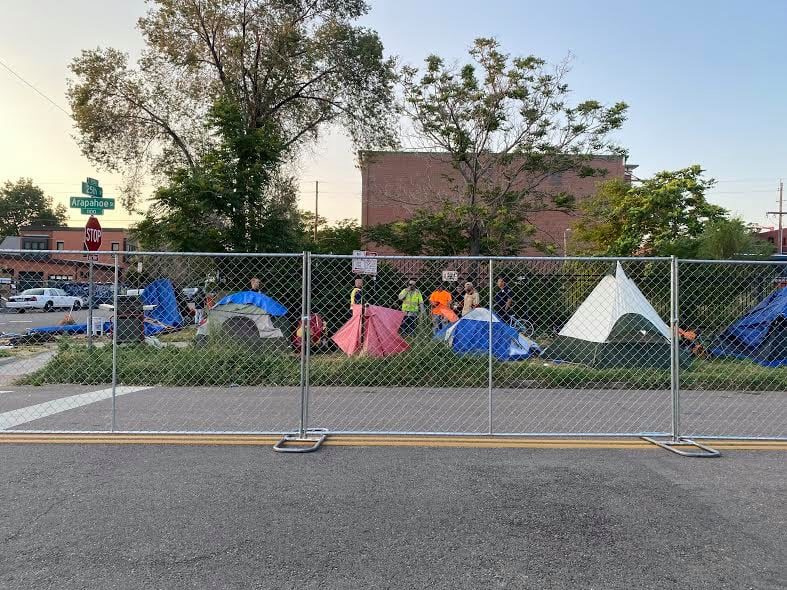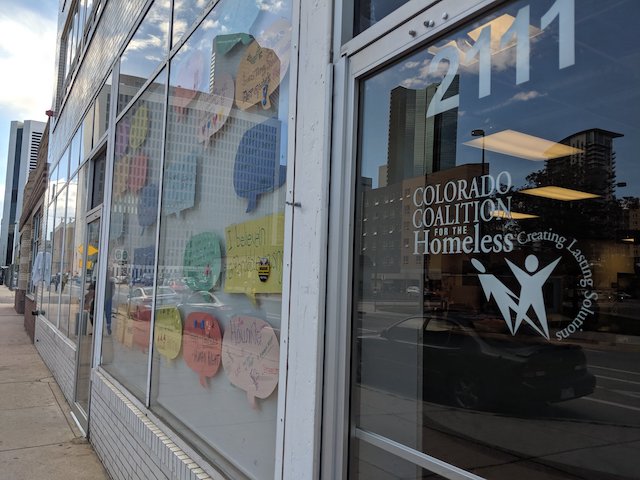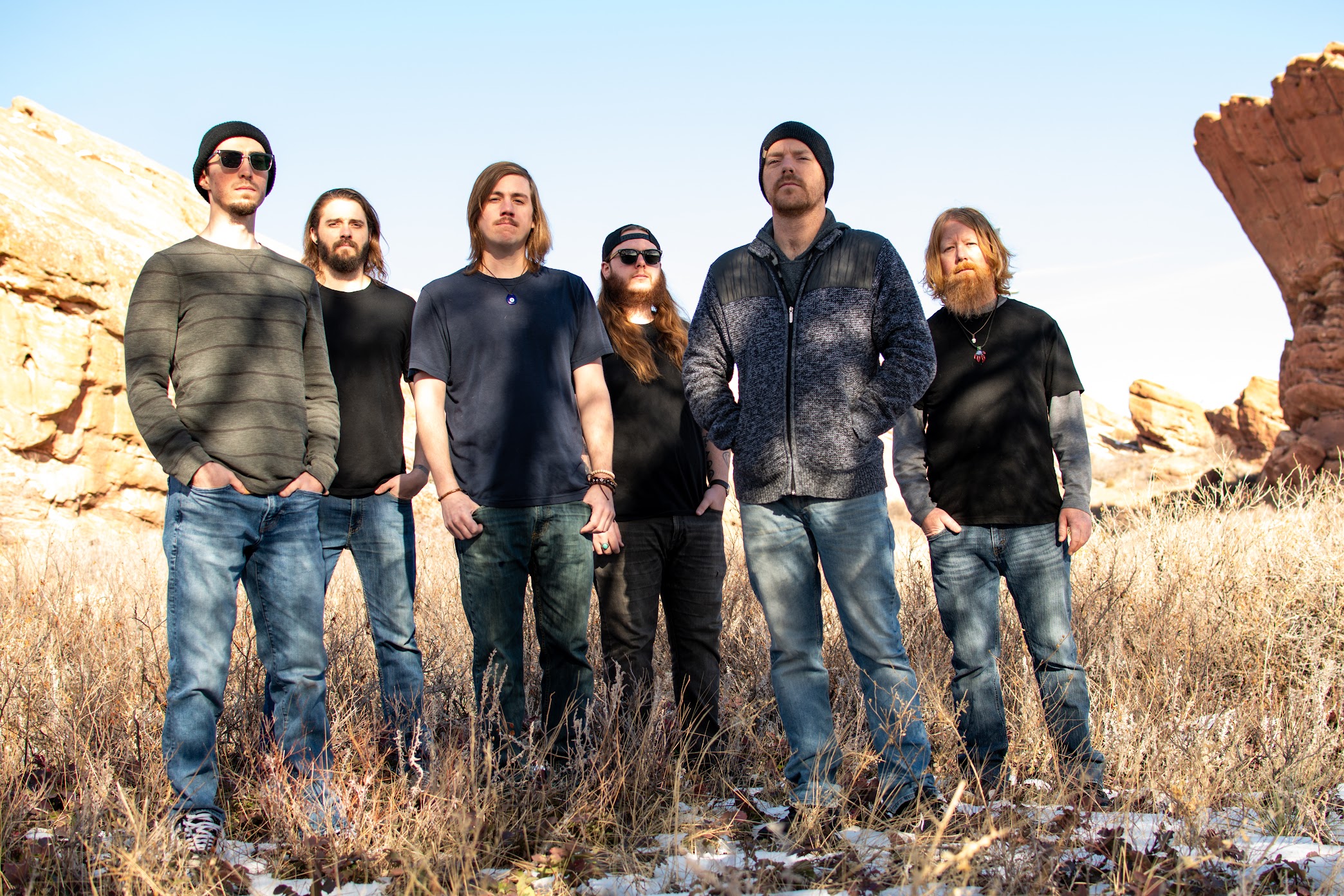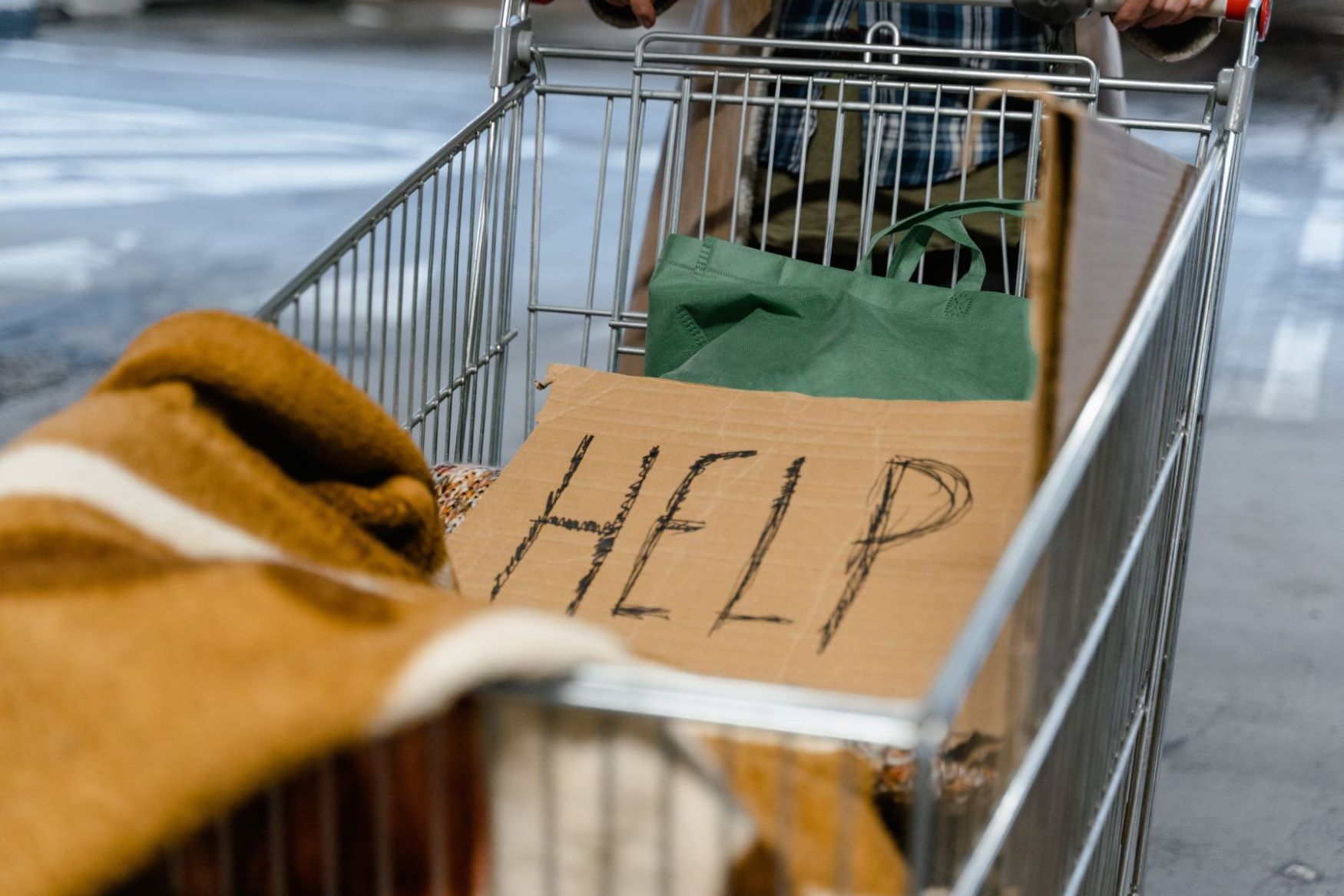Each year, Denver’s summers grow hotter and hotter. Climate experts suggest residents should be prepared for this trend to continue in years to come. Residents are encouraged to stay cool by using air conditioning units if they have access, drinking high amounts of water, eating hydrating foods and finding shade whenever possible. For most people, this isn’t a problem.
For Denver’s unhoused population, it’s barely possible.
People experiencing homelessness in Denver are extremely vulnerable to heat exposure, especially those who consistently live outside. Alongside few city resources and overwhelmed community organizations, extreme heat is becoming similarly dangerous to freezing winter temperatures.
Unhoused People Face Higher Health Risks From Heat

Experts suggest that cities nationwide prepare for rising temperatures to become a normal aspect of summer, and act accordingly. Denver is no exception: as of August 3, over 40 days with temperatures above 90 degrees have been reported.
“In addition to the direct effects of hyperthermia, extreme temperatures can also worsen chronic illnesses such as cardiovascular, respiratory and cerebrovascular disease, as well as diabetes-related conditions. People experiencing mental and behavioral health conditions, and those at the extremes of age, are at a particularly high risk of adverse outcomes,” said Dr. Sterling McLaren, Chief Medical Officer for DDPHE.
According to the EPA, between 1,300 to 1,500 people die of heat-related causes every year nationwide. Based on available research and data, advocates believe around half of those people are unhoused. People with chronic health conditions such as high blood pressure and diabetes are at increased risk of heat-induced illness, and unhoused people are more likely to have a chronic health condition, exacerbating the risk of heat-caused illness or death.
Compared to other cities, Denver ranks third for the largest “urban heat island” effect. Urban heat islands occur in paved areas that lack green space, such as trees and grass. Compared to the rest of the city, Denver’s urban heat islands are 4.9 degrees hotter. Across the city, tent camps for the unhoused continue to pop up in urban heat islands, causing additional concern for extreme heat exposure.
Denver Still Needs a Coordinated Response

Data provided by Denver Health shows that between May 1 to August 2 this year, 109 people came to their Emergency Department suffering from heat exposure and/or dehydration. Seven patients were unhoused, 6.4% of the total group. Given unhoused people are less likely to seek out professional health services for financial and safety reasons, advocates suggest the number of homeless individuals experiencing heat emergencies is much higher.
However, heat exposure isn’t just responsible for one-time emergencies. Since it exacerbates pre-existing conditions, people experiencing homelessness may find themselves with worsened symptoms of physical health conditions, and, typically, a lack of access to proper healthcare.
“People experiencing homelessness have an increased risk for environmental-related health emergencies. They may not have readily available access to cool off inside, there is a higher incidence of mental and behavioral health conditions in this population, and access to drinking water may be limited,” said Dr. McLaren.
Currently, few active solutions exist to shield the unhoused population in Denver from extreme heat. Until recently, severe cold winter weather was the main focus for the city and community organizations. Now, advocates and city officials involved in public health and support programs for the homeless population are beginning to understand that heat waves are here to stay, and require a wide-scale response. To start, the city opened 10 cooling centers inside city rec centers and libraries this summer, open to the public.
“Exposure to extremely hot environmental temperatures is dangerous for many reasons. The body’s ability to regulate temperature may become compromised which can result in heat exhaustion or heatstroke, both requiring immediate attention,” said Dr. McLaren.
Denver is home to several nonprofits that work year-round to support and advocate for the unhoused community. You can learn more about their work:





